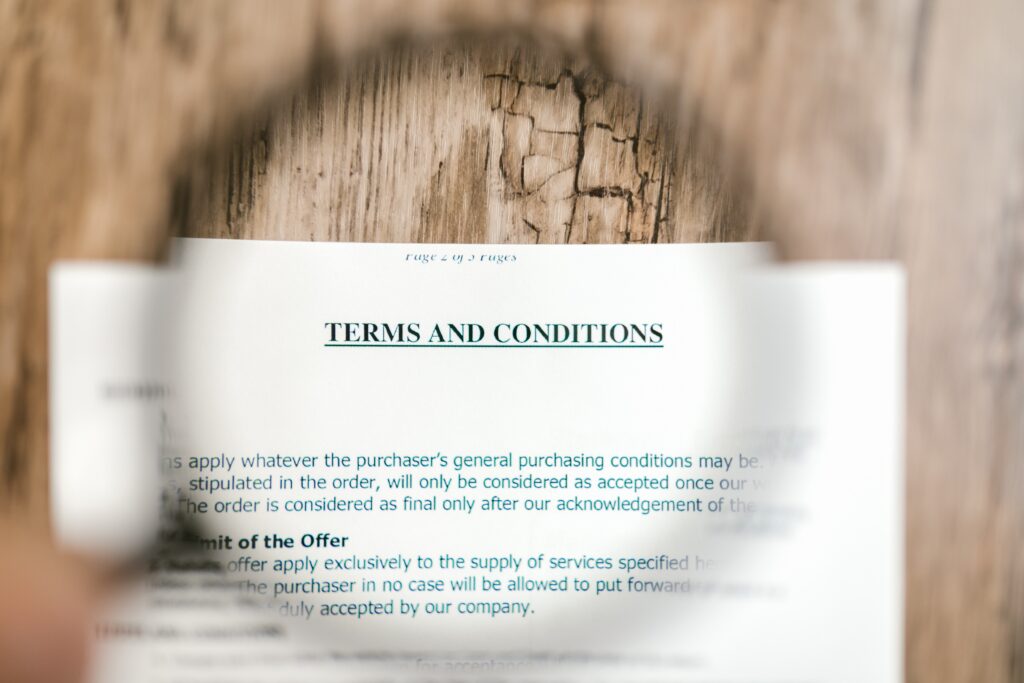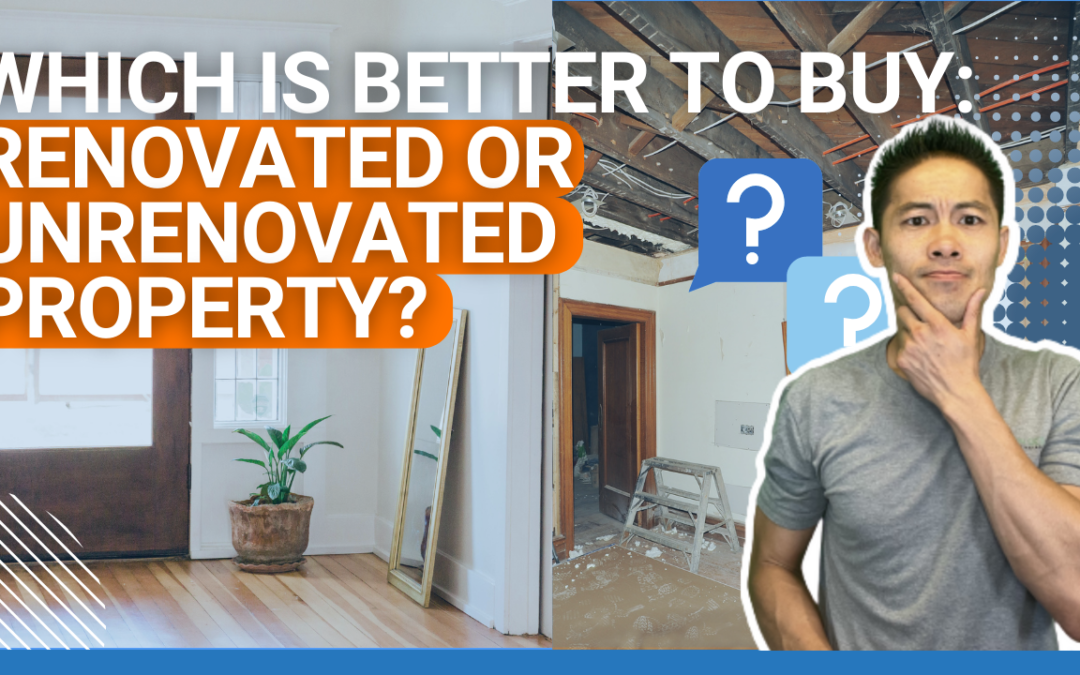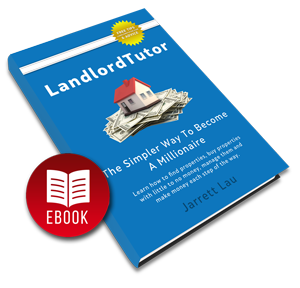
A Quick Guide to Buying Properties at Auctions
One of the most common questions I get is, “should I be buying properties at auctions? What are its pros and cons?”
What Is a Foreclosure Auction?

At a foreclosure, you must understand that you will be going in, usually bringing a certified check for five or $10,000. They will also expect you to be able to do any type of due diligence.
Furthermore, you are more than likely not going to be able to enter that property. You won’t know what condition it’s going to be like.
But they will typically tell you if there are renters in there or not, and you might have holdovers you have to deal with.
At the end of the day, you must know a few major things when buying a foreclosure property.
Guide to Buying Properties at Auctions
1. The 30-day Deadline
Typically, you will have to come up with all funds to purchase the property within 30 days. They don’t care if your bank is waiting for appraisal or you don’t have the funds.
They will take your deposit and keep it if you cannot close during that time frame.
2. Property Liens
In addition, you will want to double-check that there aren’t any types of liens or taxes owed on the property. Liens represent unpaid debts, and a property cannot be legally sold until these debts are settled.
These liens might be attached to the property because the owner has not paid them. It could also be because a government agency or another entity owns it.
Ensure that none of these properties has unpaid debts associated with them. Should there be any standing liens, you will have to come up with paying them as well.
3. Buyer’s Premium

And many times, auctions will require a buyer’s premium. And that’s very unlike the normal market, where if you are represented by a buyer’s agent in the normal market, that agent is paid by the seller’s agent, and you don’t have to worry about that.
In an auction, the auctioneers will sometimes charge a buyer’s premium. They might not even charge the seller.
And what will end up happening is that you will have to come up with that percentage. So if you are buying a half-a-million-dollar property and it’s 2%, you might have to come up with $10,000 in addition to it.
The Landlord Tutor Promise
If you or anyone else you know is looking to buy a foreclosure property and more guidance with it, join the Landlord Tutor community and sign up here.



